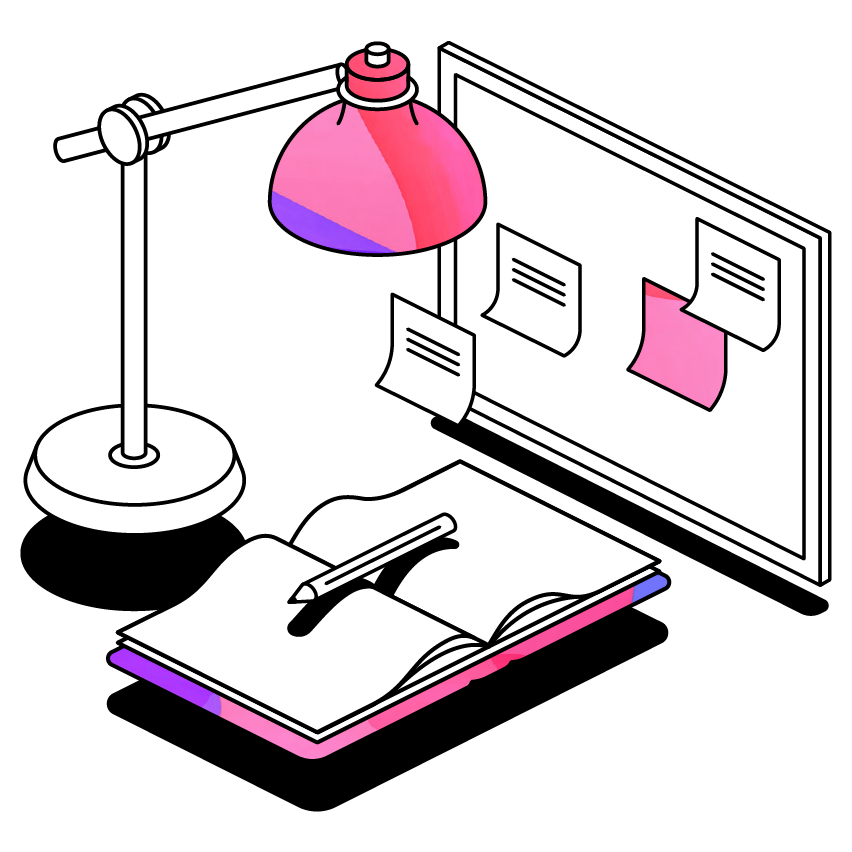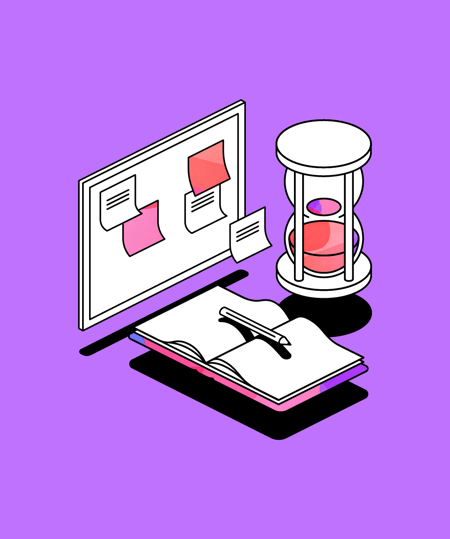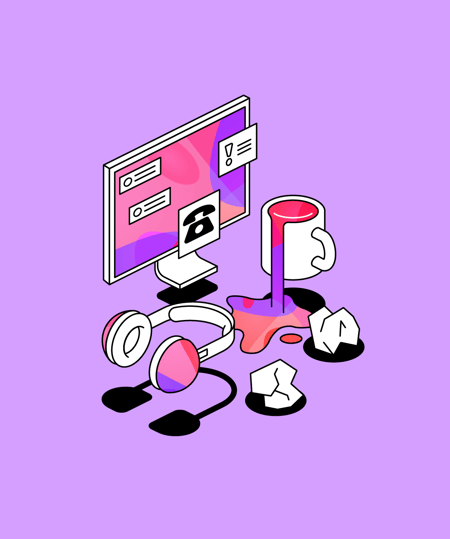How can colleges equip students with the right skills for continuous learning?
Is the endless list of job specific 21st-century skills failing to prepare graduates for evolving careers? In this blog, our Learning Lead, Sammy, argues this focus overlooks the single most crucial ability: Metacognition - the indispensable skill of learning how to learn.
 2 min read
2 min read
 Published: 11 Nov 2025
Published: 11 Nov 2025
 Sammy White
Sammy White


Every institution is feeling the pressure to make graduates "job-ready." What started as a clean, concise framework - the 4Cs of critical thinking, creativity, collaboration, and communication, has ballooned into a confusing, often contradictory "Seven Seas" of skills. We're now navigating a vast ocean of granular, workplace-specific competencies that, paradoxically, risk leaving students less prepared for the reality of modern work.
In this insightful piece, our in-house learning expert, Sammy, cuts through the complexity. She argues that in the pursuit of aligning with industry needs, we've overlooked the single most crucial "uber-skill" that underpins all others: Metacognition, or the ability to learn how to learn.
The 'Seven seas' of skills
In the early days of 21st-century skills, the conversation was refreshingly simple. We had a short, memorable list: the 4Cs of critical thinking, creativity, collaboration, and communication. This framework provided a clear and concise starting point for educators and policymakers. Over time, that list grew. First, it expanded to the 6Cs, adding citizenship and character. And now, we're navigating what feels like the "Seven Seas" of skills, a vast and often confusing ocean of competencies that employers say graduates need.
This expansion has shifted the focus from foundational, transferable abilities to a seemingly endless array of workplace-specific skills. While aligning education with industry needs is crucial, this granular approach often loses sight of the bigger picture and, more importantly, overlooks the fundamental purpose of higher education.
The overemphasis on job-specific skills overlooks a key issue: the significant mismatch between many degrees and the limited number of professional roles available. This approach fails to acknowledge that graduates today are more likely to be "slashers", individuals with multiple, often concurrent, careers over their lifetime. A recent survey by the UK Office for National Statistics found that over 1.2 million people in the UK had more than one job in 2024, a figure that has been steadily rising.
The missing skill: Metacognition
The most significant problem with the never-ending lists of skills is that they often neglect the one skill that underpins all the others: learning how to learn.
This metacognitive ability, the awareness of one's own learning processes, is the true "uber-skill." It provides individuals with the cognitive agility necessary for acquiring new knowledge, integrating diverse concepts, and mastering competencies throughout their careers. Students who are metacognitively aware are better equipped to adapt their strategies, navigate challenges, and make more meaning of their learning, which in turn boosts confidence.
While critical thinking is a vital component of any educational framework, and is often given a heavy focus, it is not the sole ingredient for adaptability. Some would argue that the skills within “character” are more necessary for today's version of the 21st century. But, by failing to foreground the ability to learn itself, we risk producing skills lists that are diffuse and less useful, and more importantly, risk leaving students under-prepared for the realities of both work and life.
To truly foster a resilient and flexible workforce, educational paradigms must move beyond the mere transmission of specialised knowledge. We must focus on nurturing the innate human capacity for continuous learning, sharpening critical thinking skills, and instilling the vital qualities of resilience and adaptability in developing character.
By doing so, we can cultivate a workforce that is not only highly skilled but also inherently agile, capable of thriving amidst the complexities and transformations of the 21st century.
We need to equip students not just with a set of tools but with the capacity to acquire new tools and navigate unforeseen challenges. The true skills of being able to adapt, to be resilient in the face of career changes, and to continuously update one's knowledge and abilities are what’s needed first.
This "uber-skill" is what will truly prepare them for a lifetime of work, not just their first job.
References:
Office for National Statistics. (2024, December). LFS: Workers with second jobs: UK: All: Thousands: SA. Retrieved from https://www.ons.gov.uk/employmentandlabourmarket/peopleinwork/employmentandemployeetypes/timeseries/ycbw#:~:text=LFS%3A%20Workers%20with%20second%20jobs,Employment%20and%20labour%20market
More from Supporting Students
View All
 2 min read
2 min read
How AI note taking tools can bridge learning gaps for STEM students with disabilities
Here, we explore how AI powered note taking tools act as a critical scaffold for STEM students with disabilities, helping with active conceptual engagement. This post breaks down how live transcripts and AI-generated retrieval practice. like quizzes, empower students to navigate technical subjects with full academic independence.

 3 min read
3 min read
How Genio Present can help students become more confident speakers
Students with anxiety or Specific Learning Differences can struggle to participate in oral assessments confidently and equitably. Learn how Genio Present helps students overcome public speaking anxiety, transforming nervousness into confidence and improving academic performance through innovative rehearsal techniques based on learning science.

 5 min read
5 min read
6 accessible learning apps for college students in 2026
Selecting tools that bridge accessibility and independence can be a transformative step in a student’s academic journey, fostering skills that last long after graduation. Here, we explore 2026’s top accessible learning apps, which empower students by automating unproductive barriers while preserving the deep, active engagement essential for true learning.





